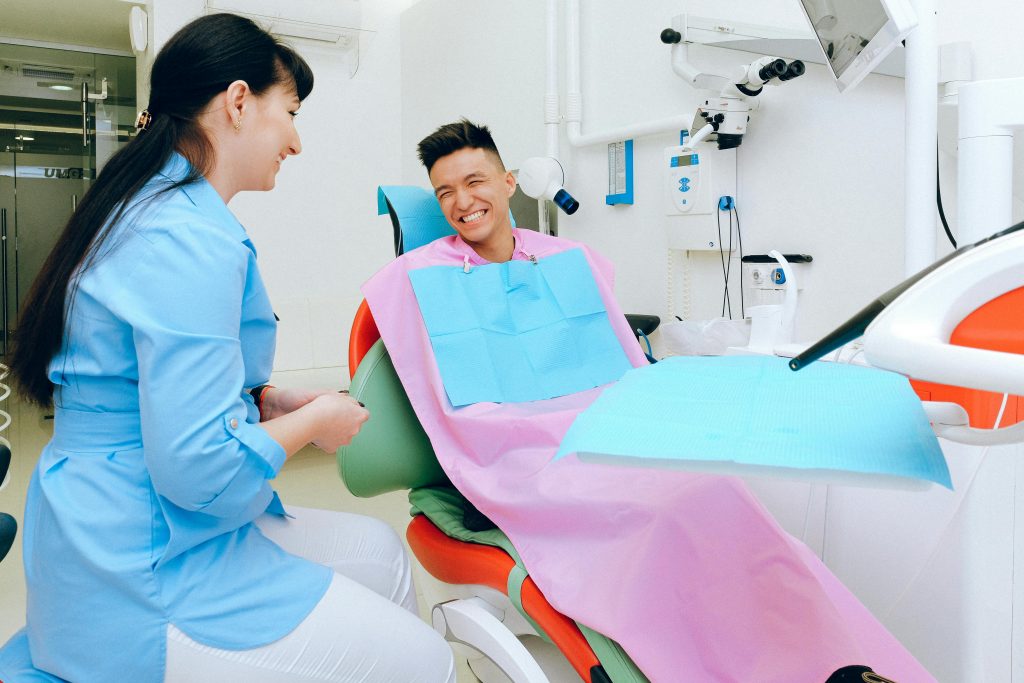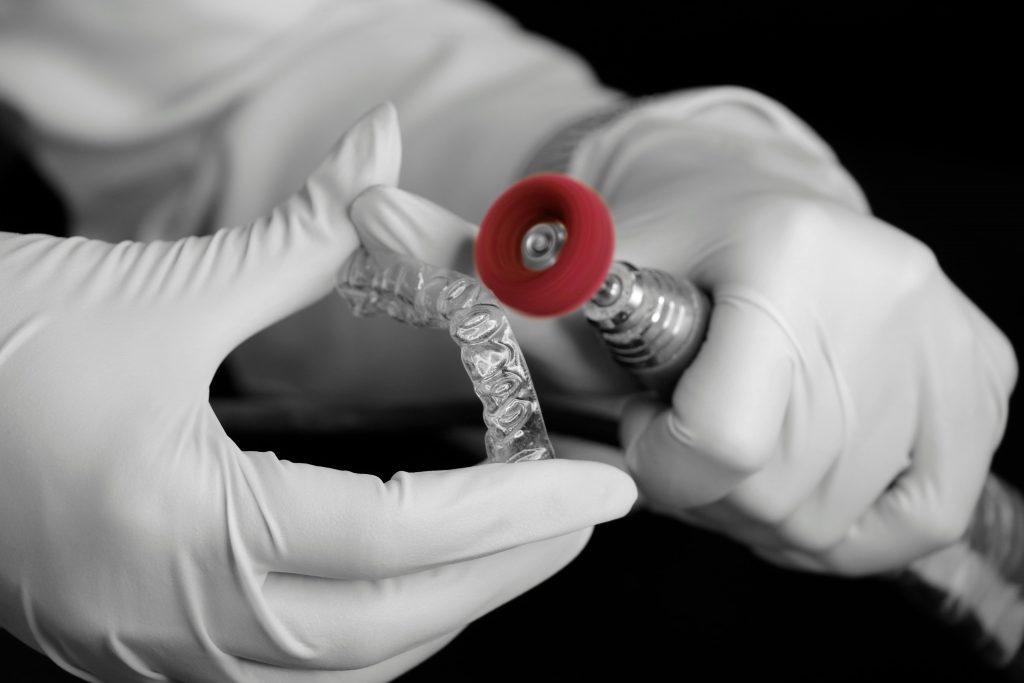
- Holistic dentistry stresses oral-systemic health interconnectivity, advocating biocompatible treatments and whole-body wellness.
- Minimally invasive procedures and biocompatible materials hallmark holistic dentistry’s approach to oral care and interventions.
- Preventive care with patient education focuses on averting dental issues through good hygiene and proactive steps.
- Holistic dentistry, blending traditional methods with a holistic philosophy, enhances patient care through collaboration.
- Adopting holistic oral health entails finding an aligned dentist and practicing mindful home care routines.
In the quest for overall well-being, the conventional separation between different areas of health is gradually being eroded. The body’s interconnectedness means that a holistic approach can often yield better results, and dentistry is no exception. This post unpacks the world of holistic dentistry, offering an in-depth exploration of its principles, benefits, and how to integrate them into your oral care routine.
Holistic Dentistry Defined
Holistic dentistry, also known as biological dentistry or biocompatible dentistry, is a sect of dentistry that emphasizes the bi-directional relationship between oral health and overall health. This field rejects the notion that dental health is isolated from the rest of the body, focusing instead on how oral well-being can influence and be influenced by systemic health.
The Importance of a Comprehensive Approach
The body is not a collection of isolated systems but an intricate web where each part can profoundly impact the whole. Holistic dentistry recognizes this interdependence, asserting that treatments and practices should be chosen with the entire system in mind.
Benefits of Holistic Dentistry
The core philosophy behind holistic dentistry offers numerous benefits for those who adopt it, including a more thorough and interconnected approach to dental care.
Focus on Whole-Body Health
Oral health conditions can have systemic repercussions; conversely, issues elsewhere in the body can manifest as oral health problems. By taking a whole-body approach, holistic dentistry practitioners can address root causes and provide treatments that promote overall well-being.
Minimally Invasive Treatments
A cornerstone of holistic dentistry is the minimization of dental intervention. This means treatments are administered with the smallest impact on the structure of the teeth, avoiding unnecessary damage and maintaining the natural state of the mouth where feasible. Here are some examples:
Invisalign
As an alternative to traditional braces, Invisalign aligners are made of clear plastic and can be removed while eating, brushing, and flossing. This method is minimally invasive compared to metal brackets and wires.
Dental Implants
Although dental implants are considered a surgical procedure, they are still considered a minimally invasive option for replacing missing teeth. Unlike traditional dentures, which require the removal of healthy tooth structures to secure them in place, implants integrate with the jawbone and do not damage surrounding teeth.
Composite Fillings
Holistic dentists prefer using composite fillings, which are tooth-colored and bond to the natural teeth without drilling. In contrast, traditional metal fillings require the removal of healthy tooth structures for placement and contain mercury, which can harm overall health.
Emphasis on Prevention
Preventive care is at the heart of holistic dentistry, strongly emphasizing patient education and proactive measures that keep oral health at its peak. By encouraging good oral hygiene and offering early intervention, holistic dentists seek to prevent issues before they arise.
Principles of Holistic Dentistry
Several key principles that guide the practice and patient care are embedded within the holistic approach.
Biological Dentistry
This principle advocates for using biocompatible materials and is based on recognizing that the mouth is an ecosystem sensitive and responsive to foreign substances. Biological dentists work to restore and maintain a balanced oral biome.
Nutritional Counseling
What you eat plays a significant role in oral health. Holistic dentists often provide nutritional counseling to help patients understand how their diet can impact their teeth and gums, aiming to support health through proper nutrition.
Non-Toxic Materials
To avoid introducing harmful substances to the body, holistic dentists use non-toxic, mercury-free materials for restorations and treatments whenever possible.
Integration with Traditional Dentistry
Holistic dentistry is not a rejection of traditional practices but an enhancement, recognizing the value of modern dentistry while adding a layer of holistic philosophy.
Contrasts and Similarities
The contrast often lies in the materials and procedures used and the overall outlook on disease and health. However, traditional and holistic dentistry share common goals of restoring and maintaining oral health.
Collaborative Approaches
Integration can also take the form of collaborative treatment plans, where holistic dentists and traditional practitioners work together to provide a well-rounded care plan for the patient.
Implementing Holistic Practices
Incorporating holistic practices into your oral care regimen can start with simple, intentional steps that have lasting benefits.
Finding a Holistic Dentist
The first step towards holistic oral health is finding a dentist who shares these values. Look for practitioners accredited in holistic or biological dentistry and with whom you feel comfortable discussing your health goals.
Home Care Tips for Holistic Oral Health
At home, you can start practicing holistic oral care by being mindful of your diet, using natural oral hygiene products, and informing your dentist about any changes in your overall health.
Holistic dentistry offers a refreshing perspective on oral health, emphasizing the importance of an interconnected and proactive approach. By recognizing the mouth-body connection, promoting non-invasive methods, and fostering preventative measures, holistic dentistry is a comprehensive pillar of holistic wellness. As the field continues to evolve, the potential for integrating these principles into broader dental practices and patient care pathways is significant, offering a future where holistic dentistry is a norm.


